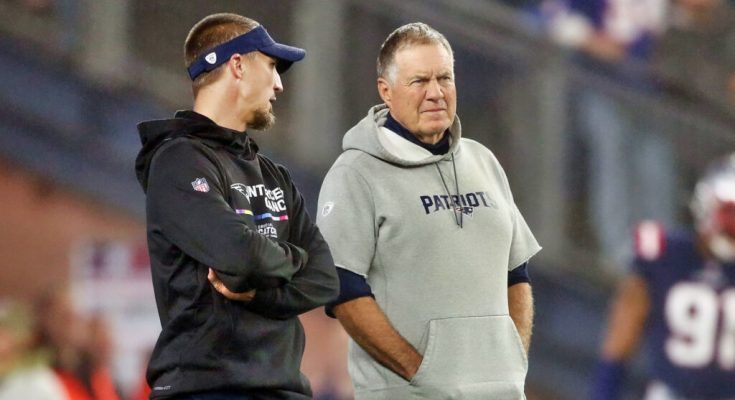When was the last time anyone saw an NFL team hire a head coach who spent most of their career coaching special teams? Spoiler: It rarely happens. The bias against special teams coordinators is one of the most puzzling trends in NFL hiring, even though they often possess skills that translate well to leadership roles. Let’s explain why this happens and what it says about the league’s hiring practices.
The Numbers Don’t Lie
Special teams coordinators are the forgotten middle children of NFL coaching. From 2010 to 2024, teams hired 90 head coaches. Of those, 38% came from offensive coordinator roles, 26% from defensive coordinator roles, and 16% were former head coaches switching teams. Special teams coordinators? A paltry 1%. NFL teams have directly promoted only two coaches from special teams coordinator to head coach: Joe Judge (New York Giants, 2020) and Frank Gansz (Kansas City Chiefs, 1987). Both lasted just two seasons.

Since 2010, teams have interviewed only 12 out of 80 special teams coordinators for non-interim head coaching jobs. These numbers scream bias, but why?
Misconceptions and Lack of Visibility
One theory is that NFL owners don’t fully understand the job of a special teams coach. Unlike offensive and defensive coordinators, whose schemes are flashy and sell tickets, special teams coordinators work in the shadows. Their success often goes unnoticed unless something goes horribly wrong. Former special teams coach Brian Polian summed it up: “When we do it well, people don’t always notice. But when it goes bad, I show up on TV.”

A “Comfort Zone” Problem
Baltimore Ravens head coach John Harbaugh is an outlier. He spent nine years as a special teams coach in Philadelphia before switching to defensive backs coach for a season. Harbaugh believes this move was pivotal for his head coaching chances. His then-boss, Andy Reid, acknowledged the shift wasn’t about capability but perception: “The job of a special teams coordinator is probably closer to a head coaching position than people perceive.” Even so, Reid moved Harbaugh because he believed it would make him more hireable.

Harbaugh’s success as a head coach—he’s the NFL’s second-longest-tenured head coach—didn’t open the floodgates for other special teams coordinators. He admits he’s disappointed: “I thought if I was able to be successful, it would open the door. It hasn’t been the case.”
The reluctance boils down to comfort. Maurice Drayton, a former NFL special teams coordinator, says owners often default to traditional molds. “You have to look at who’s doing the hiring and their comfort level with doing something that hasn’t necessarily been done before.”
The Peter Principle in NFL Hiring
The Peter Principle might explain the NFL’s tendency to prioritize offensive and defensive coordinators over special teams coaches: teams promote people based on success in previous roles, even when those roles don’t require the skills needed for the new job.
Offensive coordinators, for example, excel at calling plays and working with quarterbacks. But head coaching demands leadership, game management, and situational adaptability—skills that special teams coordinators hone daily. Despite their repeated failures, teams continue to hire offensive gurus like Josh McDaniels, Adam Gase, and Kliff Kingsbury, while they rarely interview special teams coaches.
When Success Still Isn’t Enough
Even when special teams coordinators excel in interim head coaching roles, they often get overlooked. Rich Bisaccia led the Raiders to the playoffs in 2021 as an interim head coach but didn’t land the job permanently. Instead, the Raiders hired offensive coordinator Josh McDaniels, who was fired less than two seasons later.
Harbaugh believes the obsession with “winning the press conference” plays a role. “Maybe that has something to do with it,” he said. Offensive coordinators bring hype and flashy stats; special teams coordinators, not so much.
What Needs to Change?
The NFL needs to broaden its perspective on who can lead a team. As Harbaugh puts it, being a head coach isn’t about having the right resume; it’s about leadership. Special teams coordinators work with the entire roster, handle high-stakes moments, and adapt to the game’s nuances. These qualities make them prime candidates for head coaching roles—if only owners were willing to take the chance.
The data shows that biases in NFL hiring aren’t just about race or age but also about roles. Until owners step out of their comfort zones, special teams coaches will remain the most underappreciated candidates in the league.



